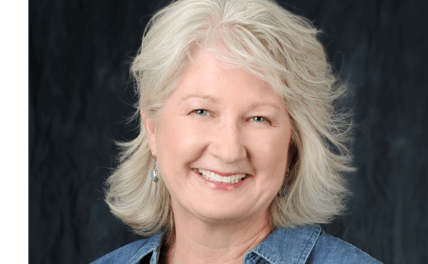

Susan Parkins left a career in law enforcement to raise her two boys. Once they were grown and ready to leave the nest, she didn’t really know what to do next. She had a degree in Journalism, but it hadn’t led to a career in that field, and she had been out of the workplace for 15 years.
Susan felt like she was at sea and confused about which direction to go.Then, after talking to a few people about accounting, and how it served as a gateway to opportunity, she decided to take a chance. She longed for a job that allowed her flexibility, independence, and substance.
Susan Discovers a Passion for Helping People Through Accounting
“Around the same time,” she says, “I had read about some scandals in our state of New Mexico—about elderly people being taken advantage of financially.
In fact, I found that it’s not uncommon for companies to steal from private trusts of the disabled and seniors. When I heard about what was going on, it made a huge impression on me. That’s when I decided that accounting made sense to me.”
So, Susan made the unexpectedly seamless transition from law enforcement to mother to a fiduciary specialist for guardianships. She went back to school and put her hours in. “I really, I want to use accounting to help people,” she says, “so I’m going off in a different direction than most traditional accountants. It’s called elder care accounting, which will also include daily money management. It’s about serving and protecting vulnerable individuals.”

